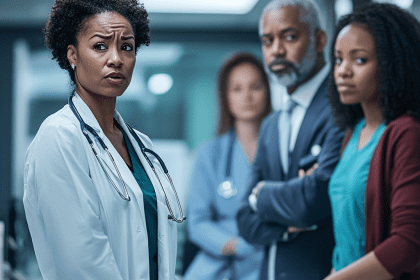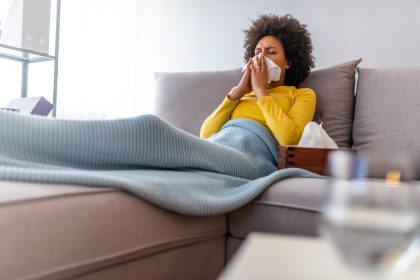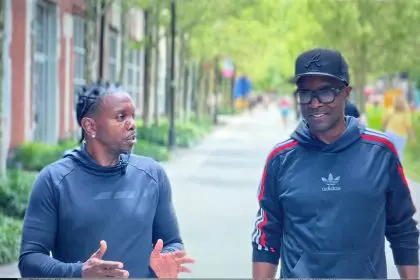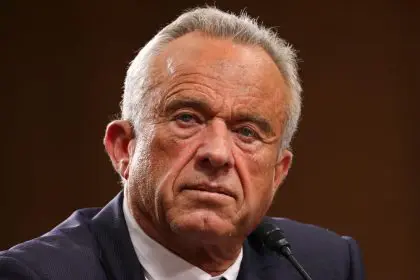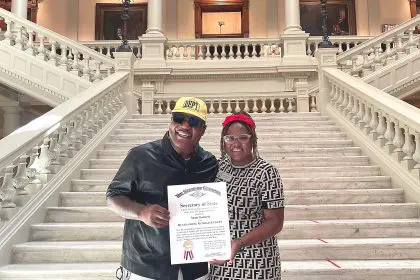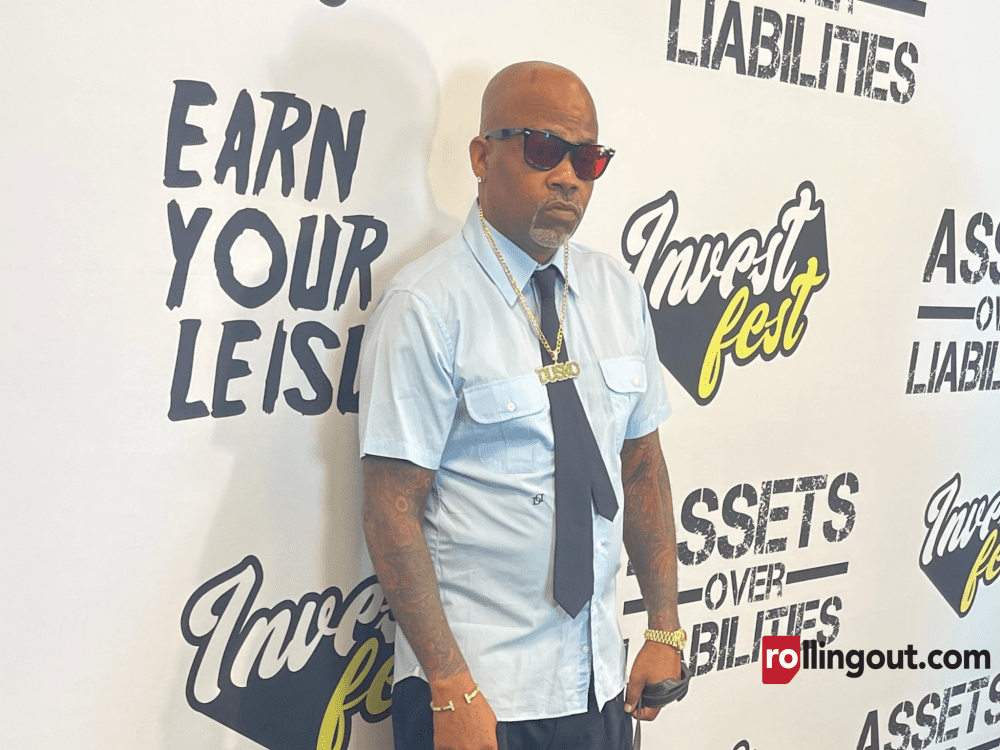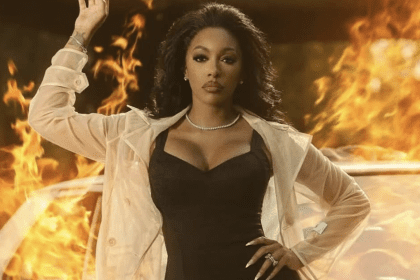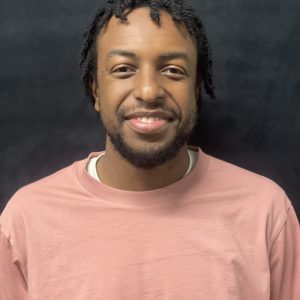On Sept. 8, the Biden administration announced plans to get Americans an updated COVID-19 vaccine this fall. The plan includes getting Americans free and easy access to updated vaccines through convenient appointment times and walk-ins. The campaign is focused on protecting high-risk Americans.
Anthony Fauci, chief medical advisor to President Biden, recently spoke to rolling out about the latest update of the pandemic and its effect on the Black community.
Where are we in this pandemic and what is your recommendation for the Black community to begin to address COVID and the health disparities our community faces?
We are in a much better place now than we were a year and a half ago. but we are not out of the woods yet. So my message to everybody, but particularly the Black community, because we know historically, over the last two and a half years of this outbreak, that Brown and Black people have suffered disproportionately from this outbreak, both from the incidents of getting infected, but also because of the underlying conditions that the social determinants of health had put Brown and Black people at a disadvantage that when you do get infected, the chances of having a severe outcome are much greater than the general population. But we have the tools now to protect everyone, including and importantly, the African American and Hispanic population. So we have the tools of vaccines. We have the tools of antiviral drugs, and we have the tools of testing.
Right now, as you probably know, the president and I were part of the announcement a couple of days ago that we now have an updated vaccine that is matched very closely to the circulating strain of virus. So if you want to get that added extra protection, particularly as we enter the cooler months of the fall, one should get that updated vaccine, and it looks like what we’re headed for in order to keep that level of virus low, so that it doesn’t disrupt society. It looks like we’re headed toward a pattern or a cadence of a yearly vaccine, very similar to what we do with influenza.
Why is it important for Black and Brown individuals to dedicate their lives to being public health officials like you?
Well, that is a great question. [That’s] the reason I’m out here saying that the public health infrastructure and the public health personnel that are important to protecting the country have to reflect what the country is. If you want African American people to pay close attention to what’s coming from the public health community, you want someone you can really relate to. I know that from my African American friends, when they have a person that’s a trusted messenger; a Black physician, a Black nurse, a Black health care provider — who they know and trust — it’s very good for them personally, and it’s very good for the African American community.
So that’s the reason one of the things that is going to be a main theme of what I do after I step down from federal government service, of which I’ve been in for now almost 60 years, is to use my time to hopefully inspire and encourage people, including Black and Brown people, [to] get into public service, to get into public health, particularly in the field of medicine. That’s one of the things I’m going to make my goal over the next few years.


